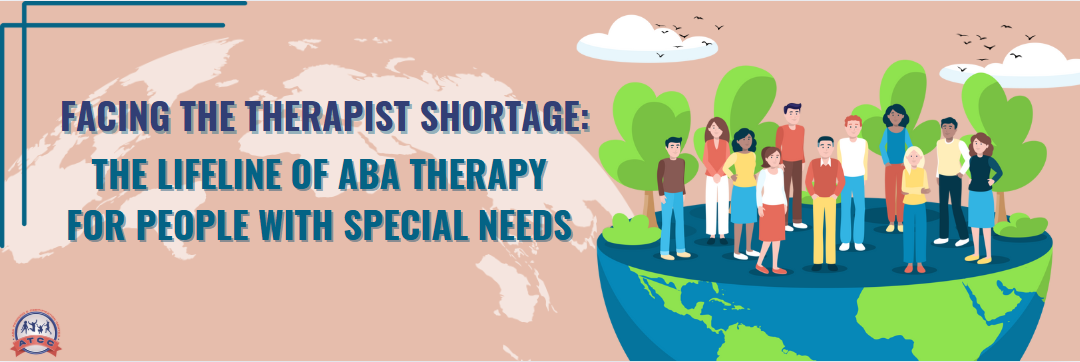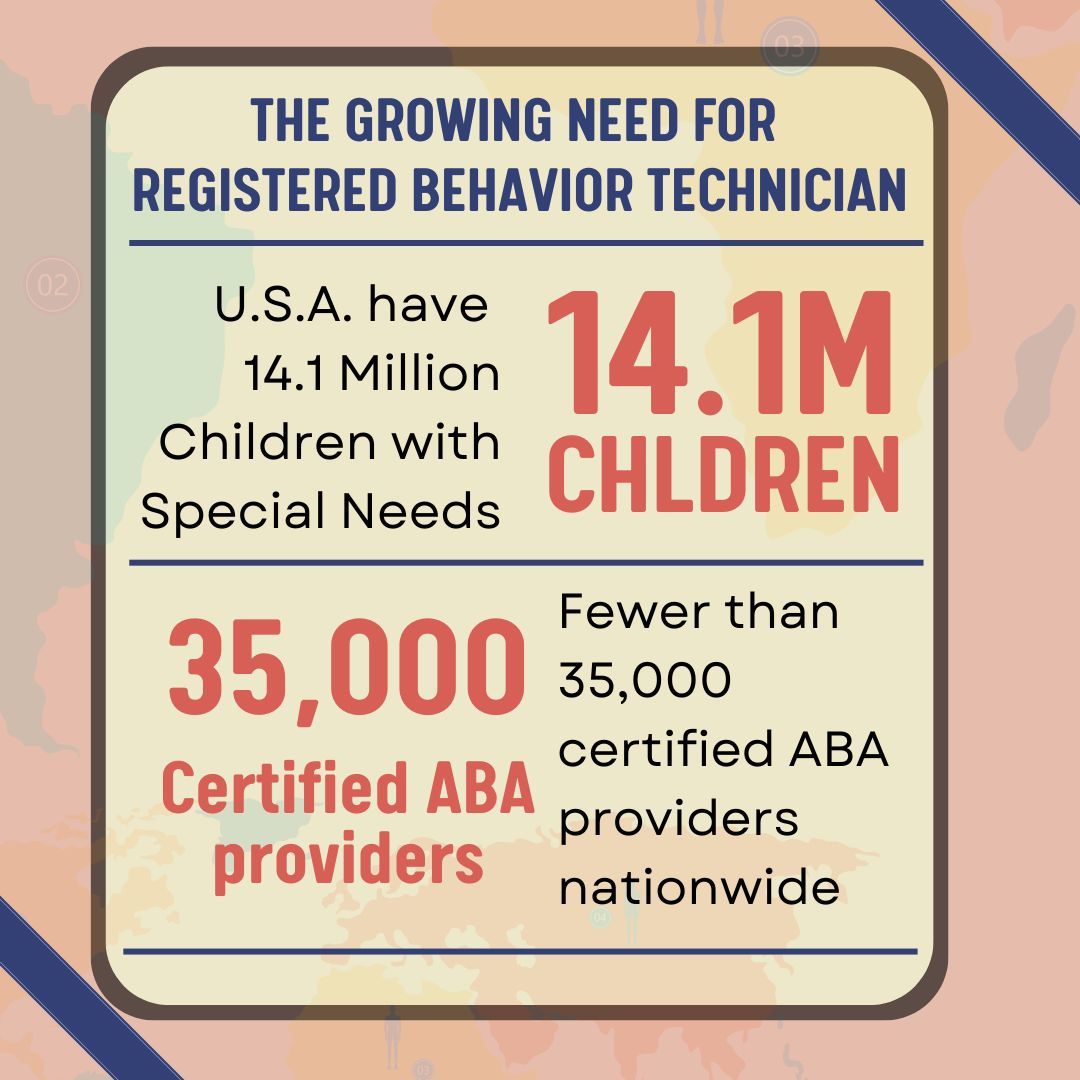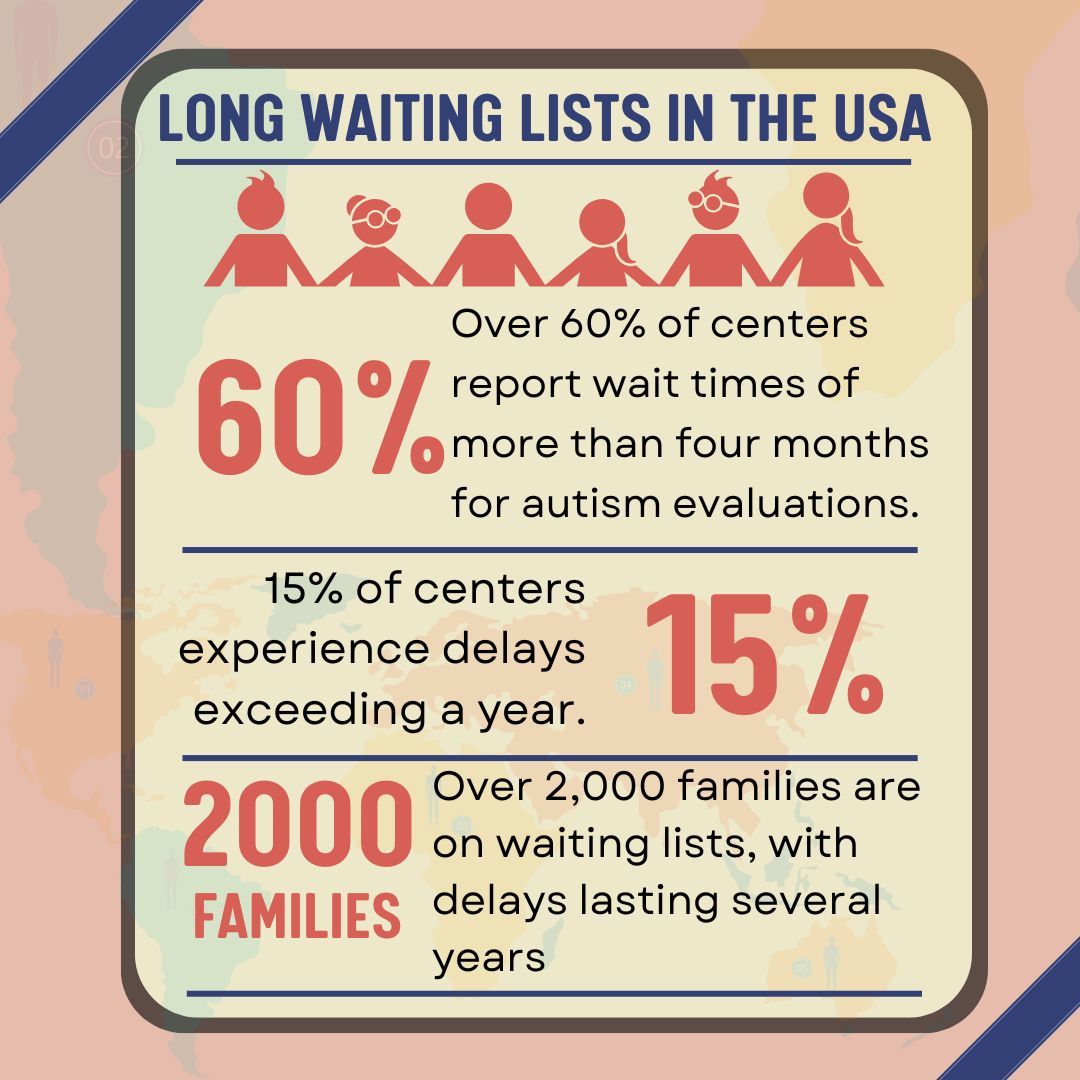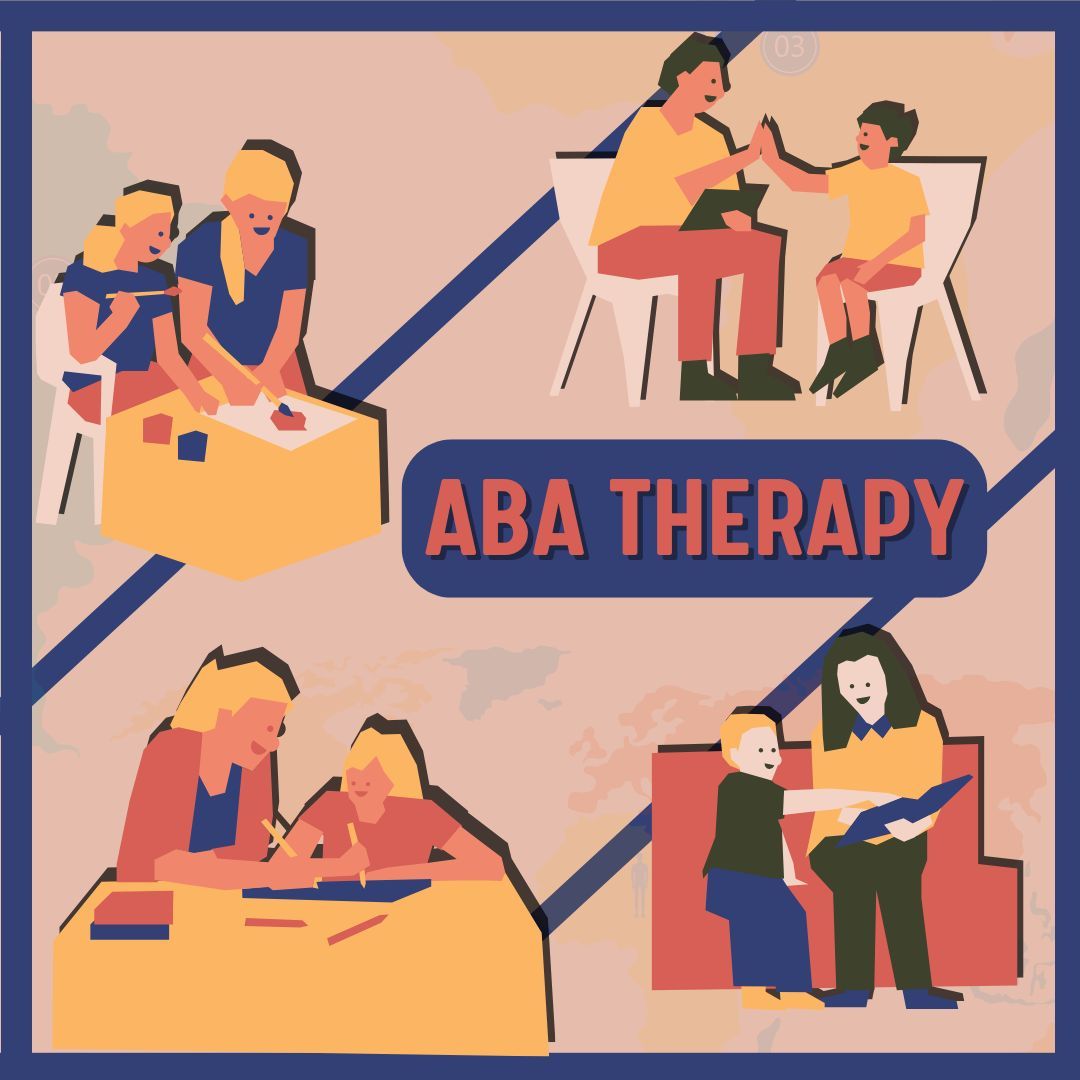
The Growing Need for Therapy Services

1 in 36 children. Rising demand has overwhelmed the system, creating significant delays in care. Workforce shortages are a critical barrier: fewer than 35,000 certified ABA providers serve the nation, and nearly 45% of school districts report unfilled special education roles. The severe shortage of RBTs worsen the crisis, leaving countless children without timely support.
Long Waiting Lists and Limited Access

Many children face long waits for ABA therapy with RBTs. Over 60% of ABA centers report wait times of more than four months for autism evaluations, and 15% of autism centers experience delays exceeding a year. In some cases, overwhelmed facilities have stopped accepting new referrals altogether. The shortage of qualified providers (Registered Behavior Technicians), combined with administrative hurdles, disproportionately affects low-income and rural families. In Utah alone, Over 2,000 families are on waiting lists for specialized services, with delays lasting several years. Rural areas and families reliant on government-funded programs are especially vulnerable to these challenges.
Why ABA Therapy is Essential as Therapist Shortages Challenge Kids with Special Needs

